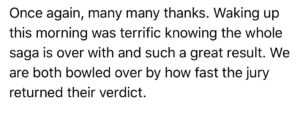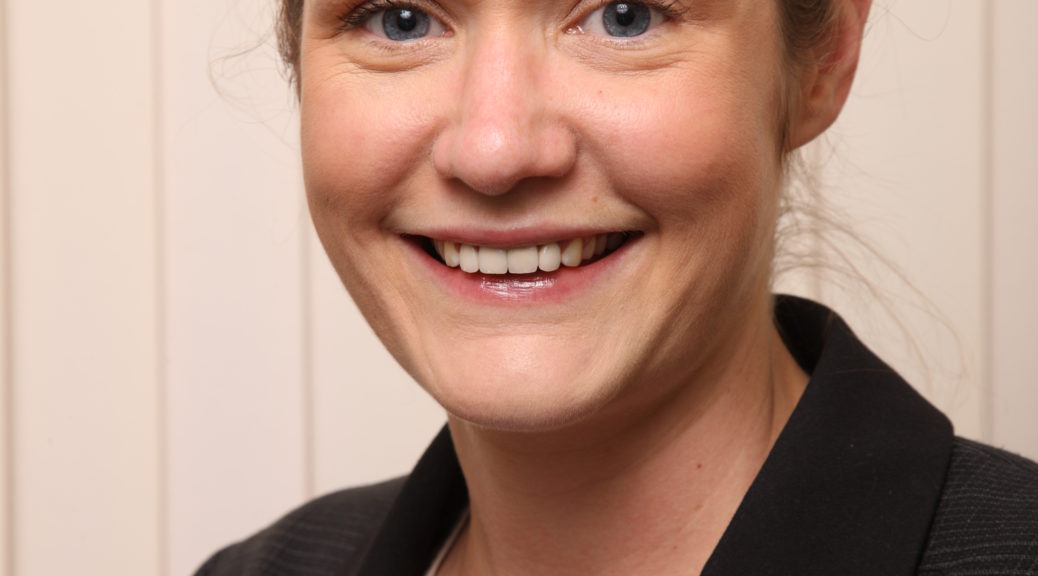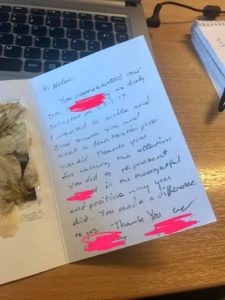
Nottingham crime solicitor Lauren Fisher recently represented a client at a Magistrates’ Court trial. The case was an emotive one because it was alleged that he had assaulted his young son by dragging him from one room to another.
Police attended at the address later in the day following a report by the mother that Lauren’s client was preventing her from leaving the address. This informs police that she saw our client drag the child by his feet earlier in the day. The child confirmed this at the time and there was a visible injury.
Young witness support defence account
The child provided a video statement. Although the child was originally a witness for the prosecution, a review of the video evidence showed that the account given was inconsistent with that of the adult witness.
This final account supported what Lauren’s client said about the incident – the child had been playing with a knife so our client intervened, took the knife and dragged the child away by the hand. As a result there was no unlawful assault.
Lauren took the unusual step of serving this interview on the prosecution so that she could invite the Crown to agree the evidence. As an alternative a hearsay application was served because nobody with care of the child was prepared to allow the child to come to court. Lauren shared the view that the child should not need to be present at court.
Prosecution failure to comply with duty of disclosure
The day before the trial the prosecution had the case listed for a Case Management Hearing. The Crown had failed to comply with its duty of disclosure. Agreement is sought to adjourn the trial in the absence of Magistrates but Lauren did not agree. Her client did not wish further delay in the case so the case was adjourned to the trial date.
On the morning of the trial the prosecution still do not have the information it needed so a further application to adjourn is made. Lauren insisted that the prosecution present a proper chronology of how the Crown had dealt with disclosure.
When the Crown presented the chronology it was clear that the reviewing lawyer had requested information that undermined the credibility of the remaining witness. The lawyer had made the request time and again but it had been ignored by the police.
Eventually the police confirmed that there was such information but still did not pass it to the prosecution but it was not available for the trial.
Prosecution adjournment opposed
The prosecution adjournment was sought on the basis of the public interest in a charge of this nature being heard properly. Lauren opposed the adjournment on the following grounds:
- there was the likelihood from the outset that the witness was not telling the truth
- the child involved confirmed there had been no offence committed
- the proceedings were causing problems for her client before the family court
- summary justice should mean speedy justice so the prosecution and police should not be allowed to ignore the rules
A not guilty verdict was recorded
The District Judge considered the representations and refused the adjournment request. As a result the prosecution were not in a position to proceed and offered no evidence. A not guilty verdict was entered.
Instruct a criminal law specialist

Whether you face police investigation, Magistrates’ Court trial or Crown Court proceedings you will want to instruct a specialist in criminal law who will spend their time trying to secure the best result for you.
If you wish to instruct Nottingham criminal defence solicitor Lauren Fisher then you can telephone her on 0115 9599550 or contact her using the form below.
Contact

























